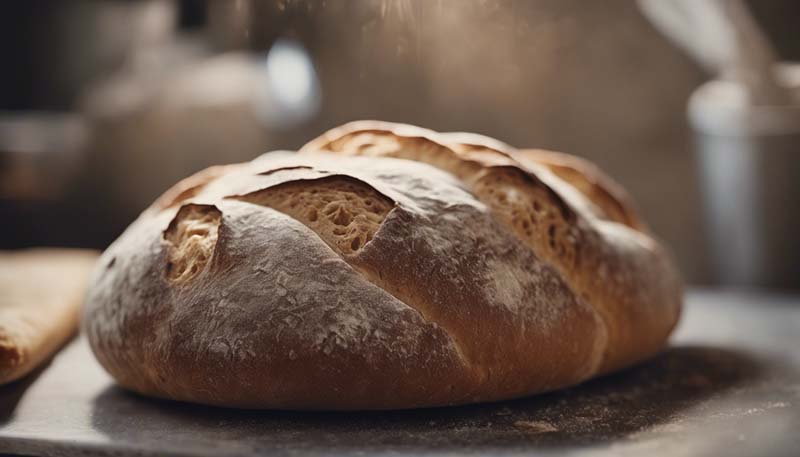Sure! Here\'s an article on \"The Evolution of the Food Truck Industry\":
---
**The Evolution of the Food Truck Industry**
The food truck industry has come a long way since its humble beginnings as a simple way for entrepreneurs to serve food on the go. Today, food trucks are a global phenomenon, offering a wide range of cuisines and culinary experiences to customers around the world. In this article, we\'ll explore the evolution of the food truck industry, from its early days to the present day.
**Early Beginnings**
The history of food trucks can be traced back to the early 20th century when food vendors would drive around in trucks or carts selling hot dogs, sandwiches, and other snacks. These early food trucks were simple and basic, offering limited menu options and operating on a small scale.
However, the food truck industry really took off in the 1950s and 1960s in the United States. This was a time of economic growth and prosperity, and people were looking for new and exciting ways to enjoy food. Food trucks became a popular way for vendors to reach customers who were on the go, and they began to offer a wider range of menu options.
**The Rise of Gourmet Food Trucks**
The food truck industry experienced a major transformation in the early 2000s with the rise of gourmet food trucks. These food trucks offered high-quality, chef-driven cuisine, elevating the food truck experience to new heights. Customers were no longer just grabbing a quick snack on the go; they were enjoying a full meal prepared by a professional chef.
The rise of social media also played a significant role in the growth of the gourmet food truck industry. Food trucks began to build a following on social media platforms like Twitter and Instagram, where they could share photos of their dishes and engage with customers. This helped to create a sense of community around food trucks and contributed to their growing popularity.
**The Food Truck Revolution**
The food truck revolution took hold in the late 2000s and early 2010s, as more and more entrepreneurs entered the industry. Food trucks began to appear in cities and towns across the United States and around the world, offering a diverse range of cuisines and culinary experiences.
This period also saw the rise of food truck festivals and events, where multiple food trucks would gather in one location to serve customers. These events helped to further popularize the food truck industry and showcase the creativity and innovation of food truck vendors.
**Challenges and Opportunities**
Despite the growth and popularity of the food truck industry, there have been challenges along the way. One of the biggest challenges is competition, as the market has become increasingly saturated with food trucks. This has led to increased competition for customers and a need for food trucks to differentiate themselves from the competition.
Another challenge is regulations and restrictions, which can vary from city to city and even from neighborhood to neighborhood. Food trucks must navigate a complex web of rules and regulations in order to operate legally and safely.
However, there are also many opportunities for growth and innovation in the food truck industry. As customers continue to seek out new and exciting culinary experiences, food trucks offer a unique and convenient way to satisfy their cravings. There is also a growing trend towards sustainability and eco-friendliness, with food trucks using renewable energy sources and reducing their carbon footprint.
**The Future of the Food Truck Industry**
The food truck industry has come a long way since its early days, and it continues to evolve and adapt to meet the needs of customers and the changing landscape of the food industry. As the industry continues to grow and innovate, there are many opportunities for food trucks to thrive and succeed.
In the future, we can expect to see even more diversity and creativity in the food truck industry, as vendors continue to push the boundaries of what is possible. We may also see more collaboration between food trucks and other businesses, such as restaurants, farmers\' markets, and event organizers.
Ultimately, the food truck industry is a testament to the power of innovation, creativity, and entrepreneurship. It has transformed the way we think about food and dining, and it continues to offer exciting opportunities for those who are passionate about food and service.
**Conclusion**
The food truck industry has undergone a remarkable evolution over the past century, from its humble beginnings as a simple way to serve food on the go to its current status as a global phenomenon. As the industry continues to grow and innovate, there are many exciting opportunities for food truck vendors and customers alike.
By embracing the challenges and opportunities that come with operating a food truck business, vendors can continue to offer unique and delicious culinary experiences to customers around the world. The future of the food truck industry is bright, and we can\'t wait to see what\'s next.
---
I hope you find this article informative and engaging! Let me know if you have any other questions.






























Leave a comment